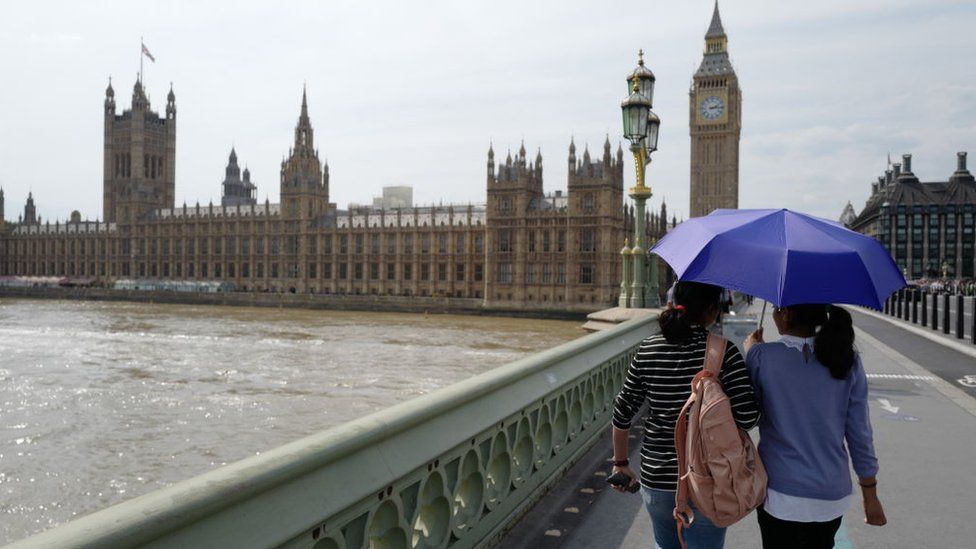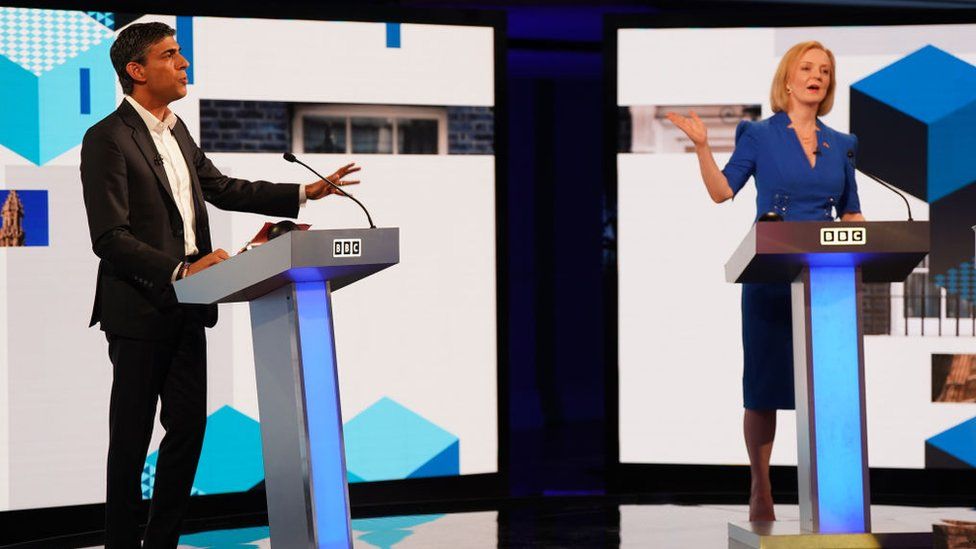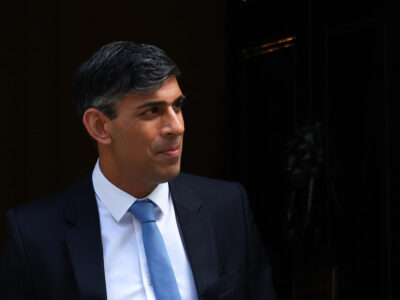Labour has called for MPs to return to Parliament early to deal with the cost-of-living crisis. Thangam Debbonaire, the shadow leader of the House of Commons, has written to the prime minister asking him to recall MPs two weeks early on 22 August. She said new policies were needed before a rise in the energy price cap in October. But the government said it was already supporting people now – and new fiscal decisions will be for the next PM.
Experts expect the energy price cap – the maximum amount suppliers can charge their customers in England, Scotland and Wales – to hit £3,582 in October. The average bill was £1,400 a year in October 2021. And by January 2023, the next time the cap is due to be changed, energy industry analysts Cornwall Insight predict it will go up again to £4,266.

In her letter, Ms Debbonaire told Mr Johnson that the country faces an “urgent choice”. She said: “Across Britain, people are having to make unthinkable choices about how to pay their bills, causing endless worry for households and businesses. “That is why I am writing to you today to urge you to bring Parliament back early on Monday 22 August so that we can freeze the energy price cap now ahead of winter. “Families deserve a government that is on their side, and is ready to take the action needed now to meet the scale of this national emergency.”
Labour is calling for the energy price cap to be frozen for six months, funded by an increased windfall tax – and has claimed his proposals would save the average household £1,000. But economists have said it would be a very expensive plan.

The Bank of England’s governor Andrew Bailey has said “the Russia shock is now the largest contributor to UK inflation”. But pay increases for many aren’t keeping up with rising prices, sparking the fastest fall in real pay on record. It comes as consumer confidence has hit a record low, according to market research company GfK. Their long-running Consumer Confidence Index fell three points in August to -44, it’s the lowest figure since records began in 1974. The index provides a snapshot of how UK consumers view their finance and the economy.
![]()





